“Matthew was diagnosed with leukemia when he was eight years old.”
“He was hospitalized for over two years. He had three bone marrow transplants. We live in a small town, a four or five hour drive away from the main hospital he was treated at. We mostly stayed with him, but his older brother Patrick mostly stayed back home with his aunt.”
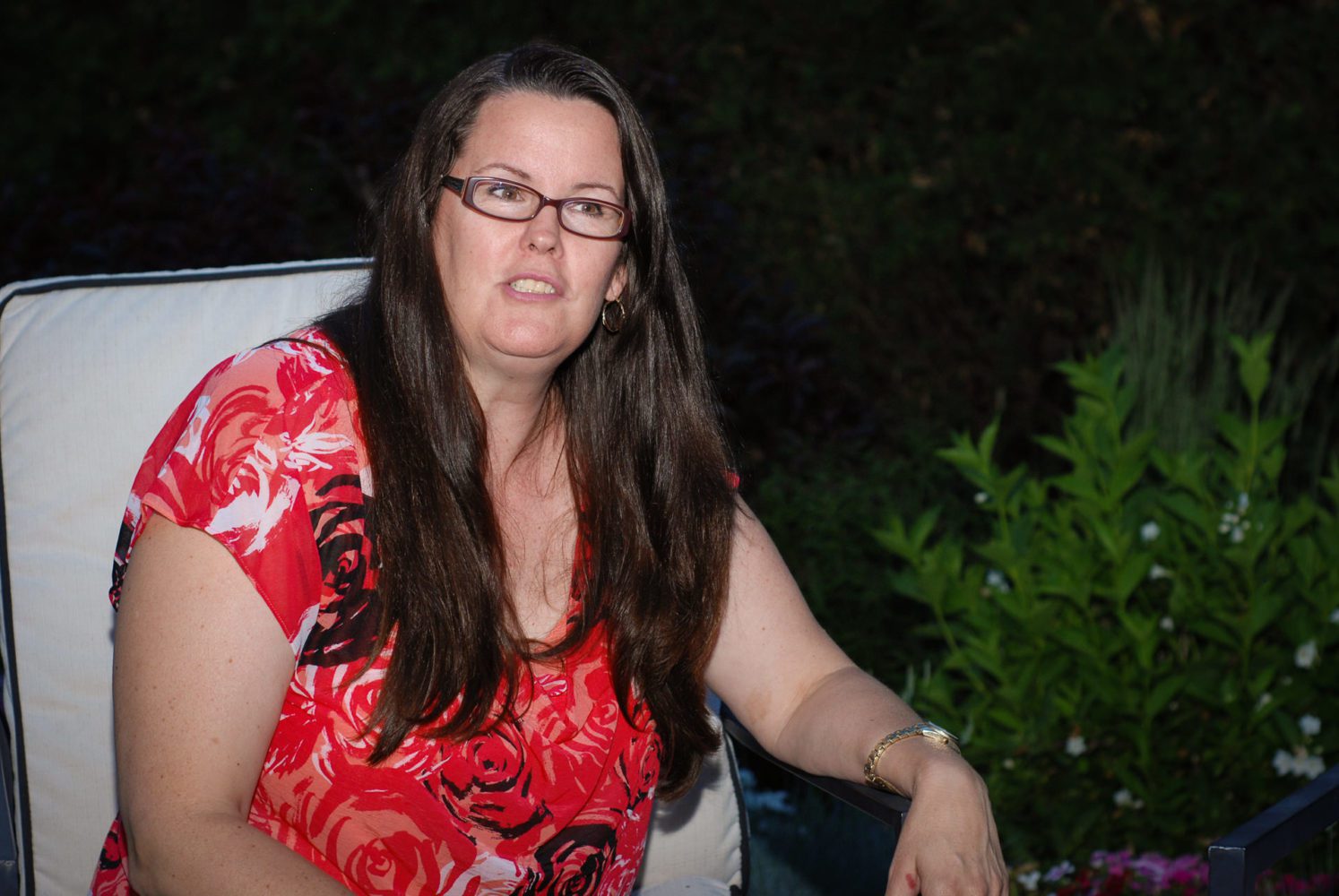
“In Matthew’s first hospital, one of the big things was ‘scrub the hub’. They would scrub for a minute every time they accessed a line.”
“When we went to the second hospital we were admitted to the oncology ward and the first nurse who went to hook him up did one swipe. I was like, ‘A swipe?’ My sister is in the health care business and she’s very proactive and very outspoken. I talked to her about this because it really concerned me. And she said, ‘Find out if they have a policy. One swipe is not acceptable.’ So I went to some of the nurses and asked, ‘What’s your policy here, because I know at our previous hospital it was a minute?’ ‘Oh, we don’t have a policy.’
“Finally it was a student nurse who said, ‘Yes, we do have a policy.’ And she looked it up and it was 15 seconds. Fine, 15 seconds – it’s not a minute, but I’ll take 15 seconds. But nurse-to-nurse and ward-to-ward – all very different. Some were really very good, especially on the bone marrow transplant ward – they were the best by far.”
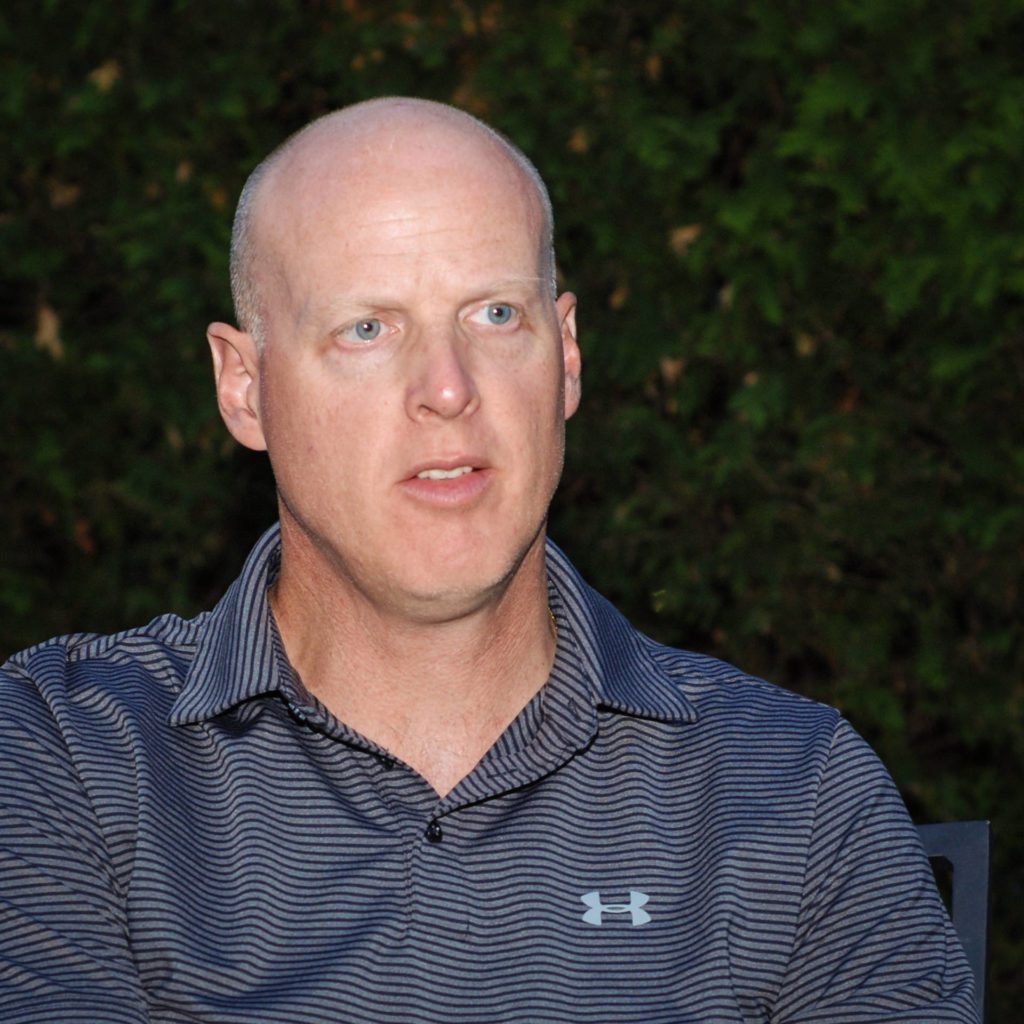
“Diana’s sister is a nurse, and I think we had a leg up because of that. Daphne would see a nurse do something, and she’d say, ‘No, can you do this?’ Or, ‘Don’t let his lines fall on the floor.’ Or, ‘If something falls, leave it.’ That type of thing. She’s so into infection control, so we were really aware. Also, we had a good experience with that particular issue right off the bat at our first hospital. Those two combinations made it quite obvious when we saw mediocre care. But, I think there are a lot of other parents who would never even think of it, which is really unfortunate.”
“Something should be presented to families upon entering a ward that says, ‘Here are the policies, here’s what you should expect, these are the type of procedures that we follow and here’s why…’ It’s a socialized health system, but there should be expectations.”
I think that Canadians being Canadians, we don’t want to rock the boat.
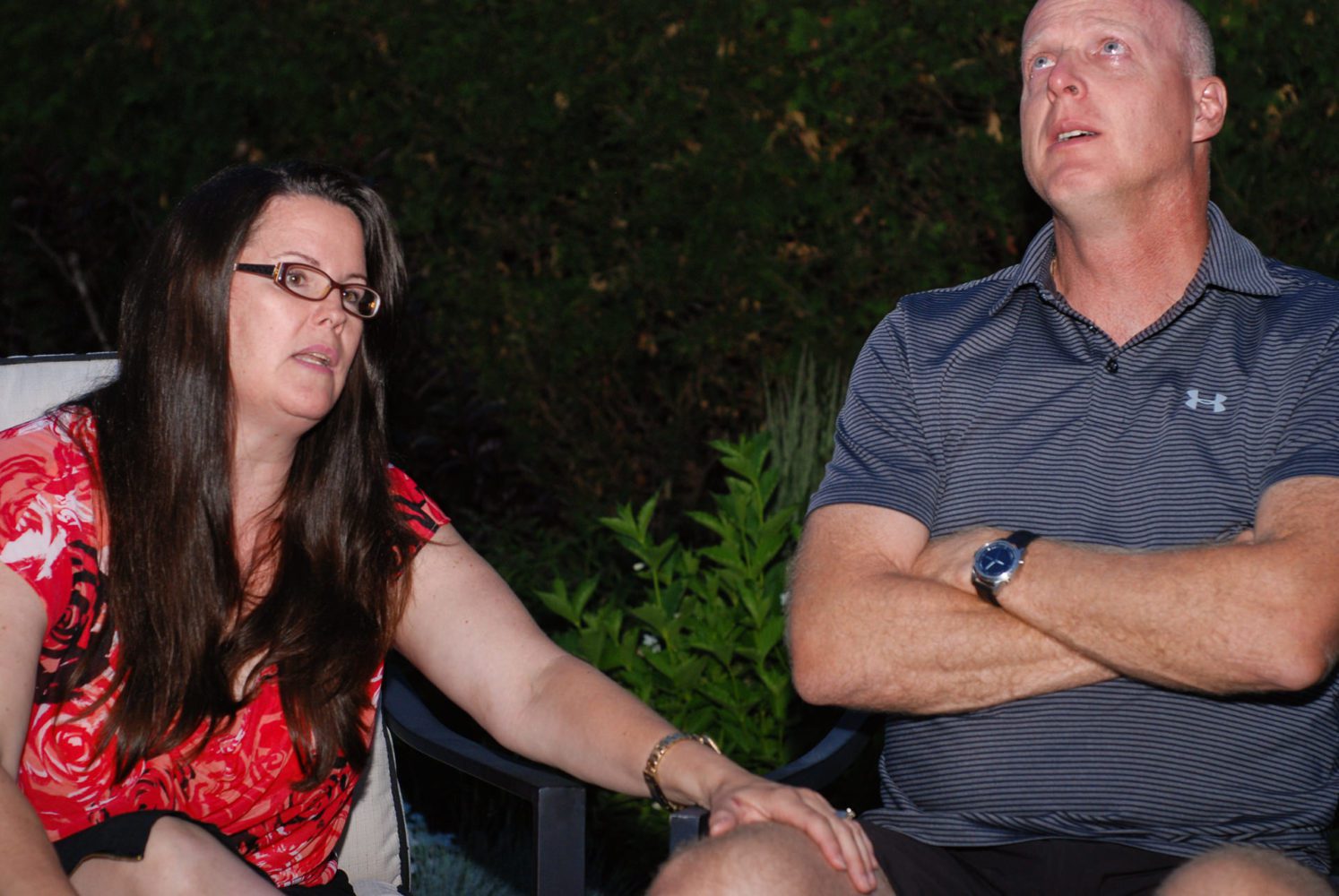
They made it painfully clear that the success of a third transplant was less than 10% based on their experience and statistics.
“Well, I can tell you that I’m a suck. I could not go anywhere near Matthew to try to discuss what we had learned. So it was Diana who did that, and that was probably the most painful day of my life. Just hearing him cry in the other room…”
“We were honest – he knew that things weren’t going well. So one option was: do you want to go home and we’ll just be home? You won’t be getting more chemo – well, mild chemo – but you know… Or, we can try and fight. And he instantly said he wanted to fight. And Patrick – his older brother wanted to fight. So with Daril and Patrick wanting to fight, as soon as Matthew said he wanted to fight, we all decided to fight.”
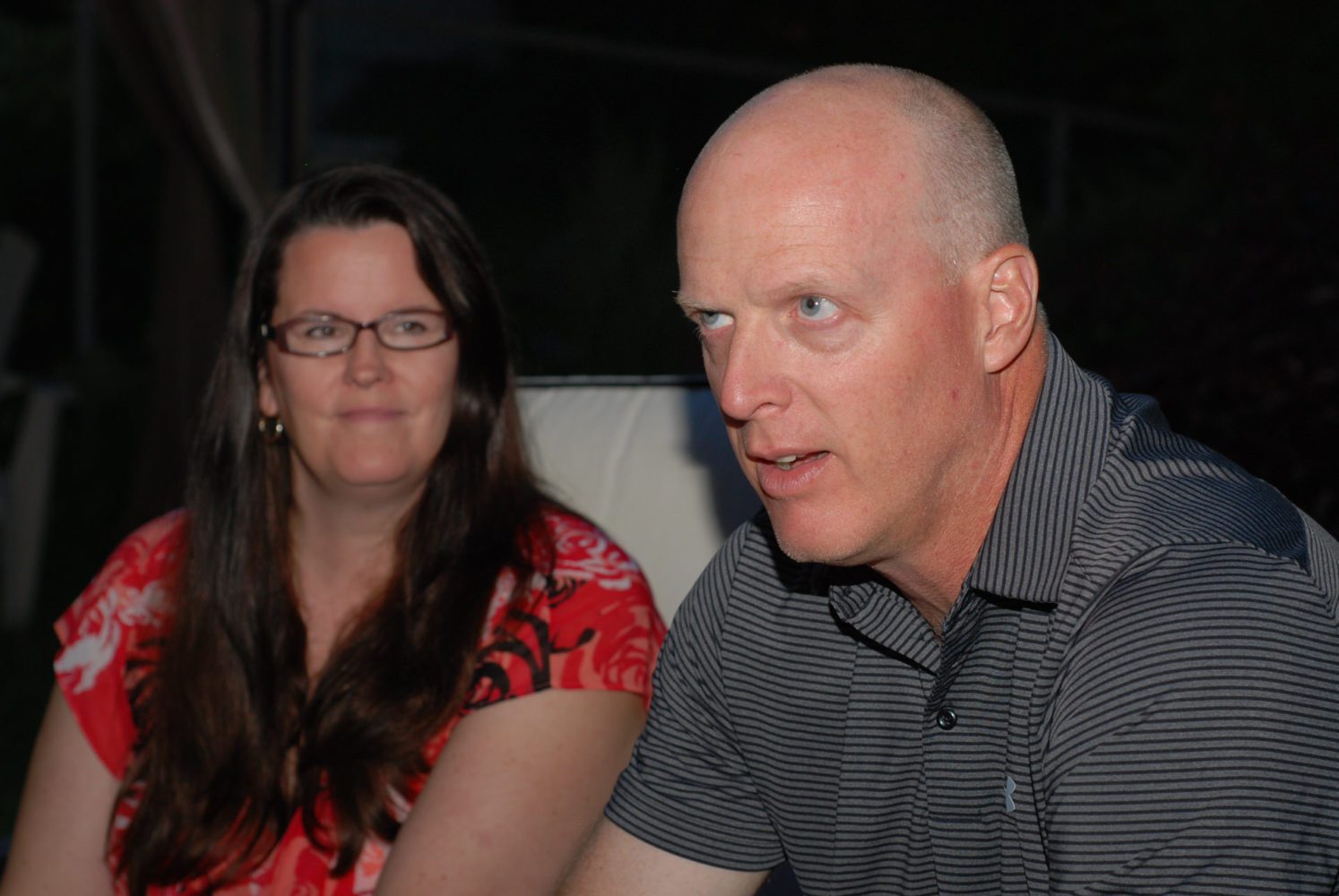
I would love to know the internal workings of decision making in our socialized medical system with regard to a decision like the third transplant.
“We know that we had a very strong advocate in one doctor, although she didn’t talk about her fights internally. But, we know that others were opposed to the third transplant. We certainly got the impression – I can’t even say from where – that they weren’t in favour partly because of finances.”
“I realize that it is expensive, but I would love to know how they make decisions like this. I don’t know if they can be honest with the end-user. I would hope that it isn’t because of finances, but I suspect that would have a strong play in it. That’s unfortunate. And I mean, yes, I’m so grateful that we live in Canada, and no system is perfect. And I’m talking as though we didn’t receive it. We got the third transplant, but it came down to having a very, very strong advocate, is our belief. There’s no doubt about it.”
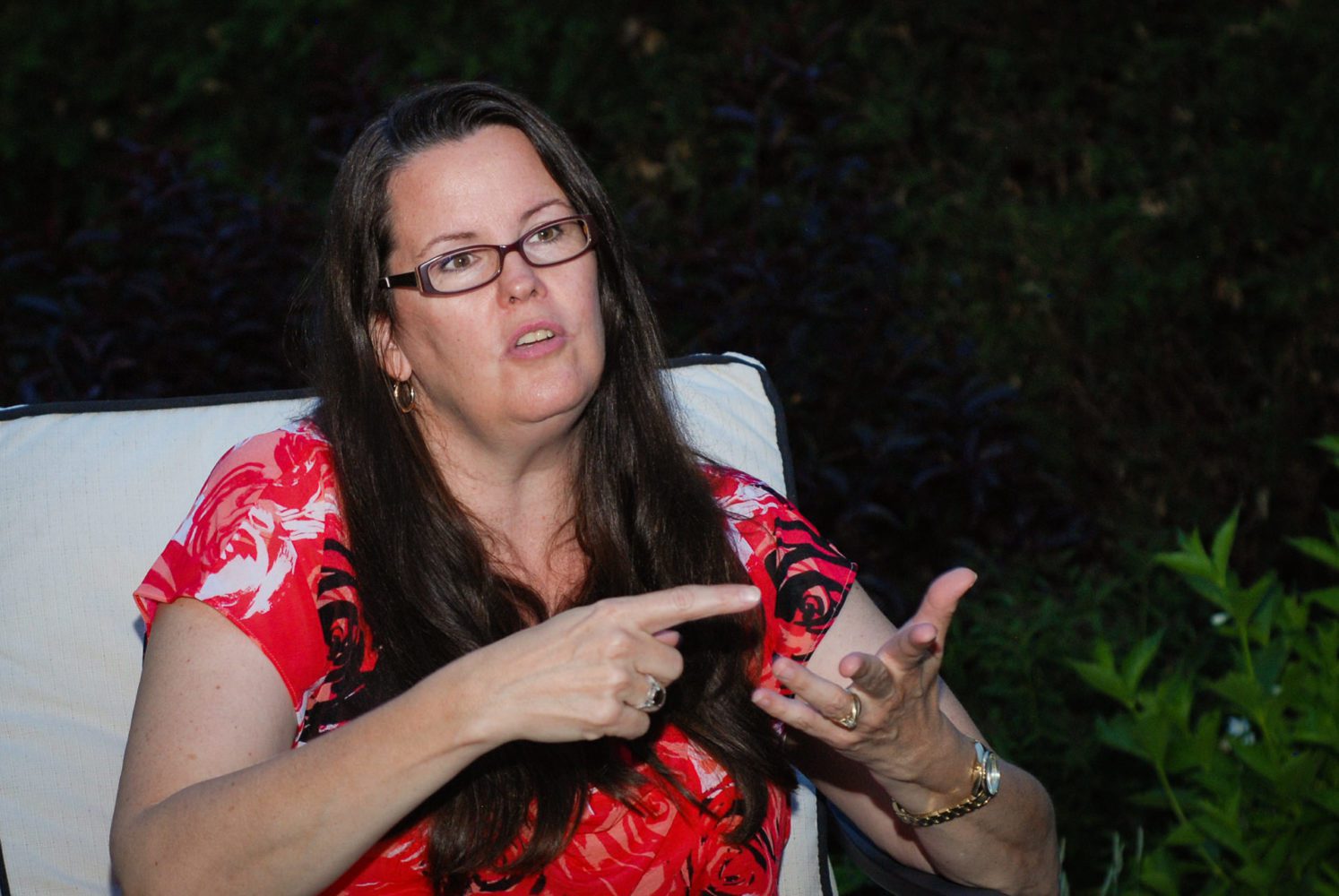
One of the things I kept saying was to ‘focus on today.’
“As we were going through everything throughout the whole two and a half years, there were different periods when things were bad. And when we get bogged down in our own emotions, my big thing was ‘Focus on today!’ I’d say that to Daril all the time: ‘Focus on today. Try to get through this. That was the big thing.”
“One really big positive service was psychology. They would see Daril separately, they would see me separately, they would see us together and they saw Matthew. Fabulous! You need a place to vent. You’re worried, you’re preoccupied with your child’s health. You just need someone to sit back and listen. And it was appreciated.”
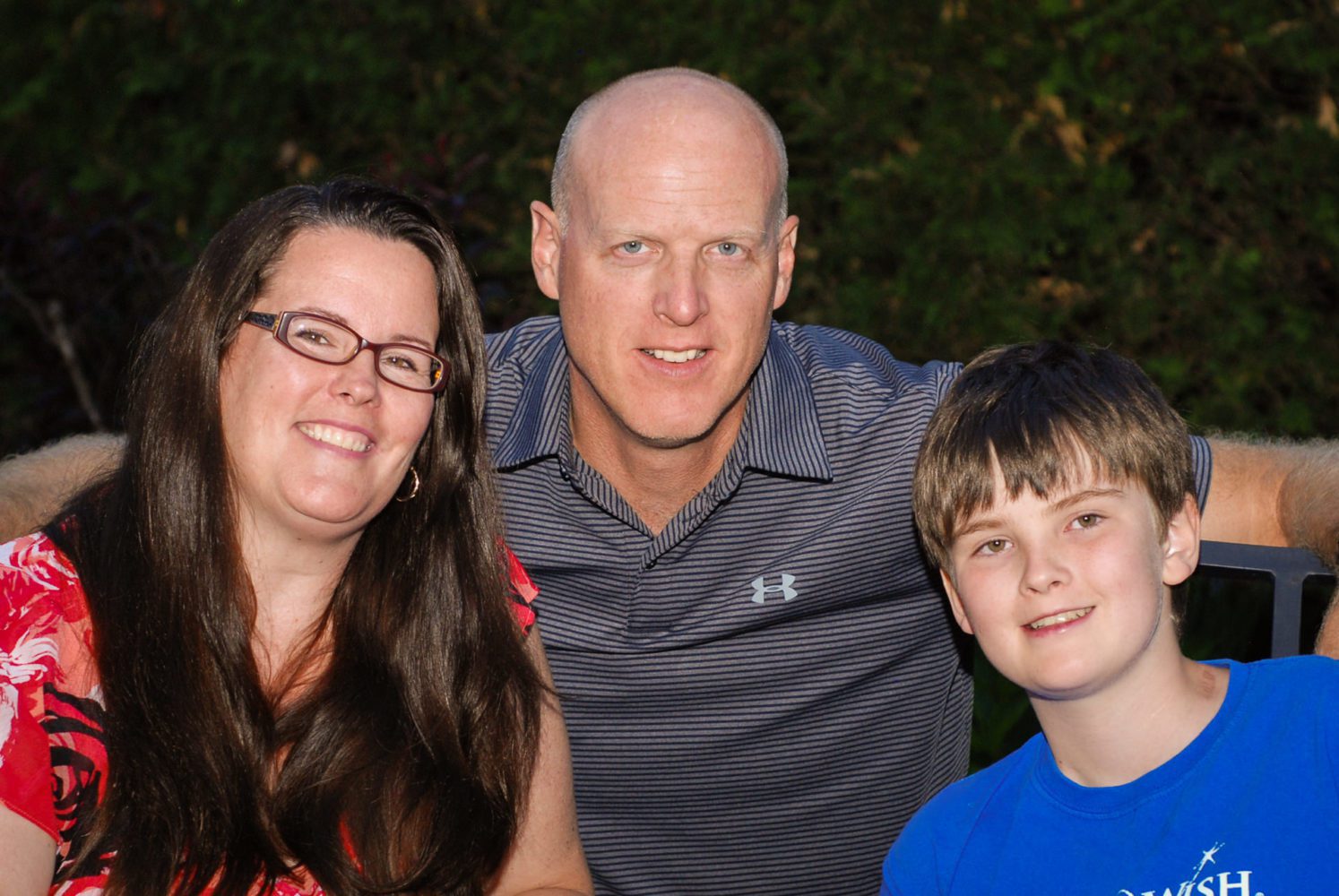
“It was just one thing after another, after another. He was eight and he didn’t get out of there until he was ten or ten and a half. It was one-fifth of his life. So that’s a significant amount of development that he missed out on. And Patrick our other son grew up with Diana’s sister. I mean the dynamics of it all, right? We’re still trying to figure it all out. How the hell are we still together?”


The comments section is closed.